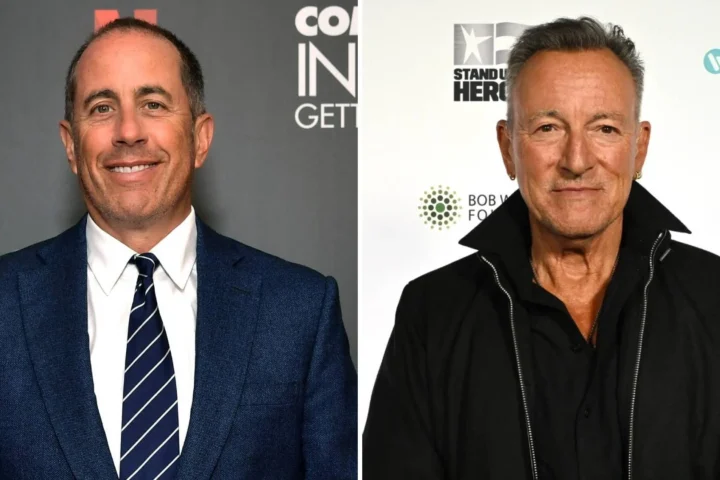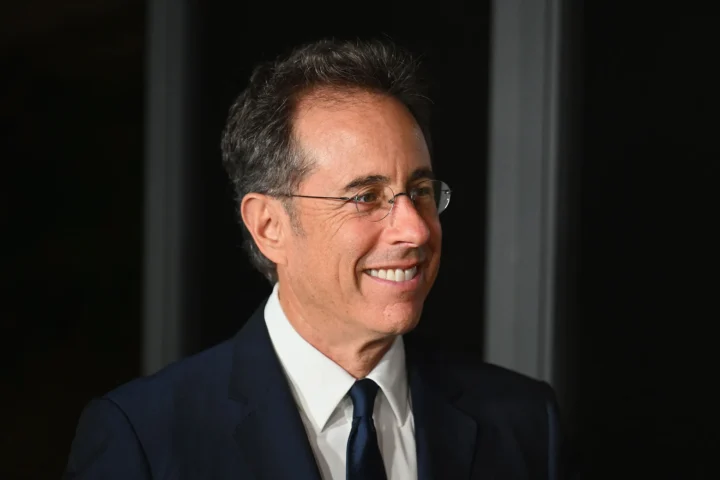Taylor Swift has just joined Forbes’s prestigious list of billionaires—a remarkable achievement that wouldn’t have been possible without a bold yet painful decision. Faced with the inability to regain ownership of the master recordings of her first six albums—an ordeal she described as worse than her “worst nightmares”—she made the bold choice to rerecord them from scratch. This move proved to be both liberating and rewarding, as sales of the original versions plummeted while the “Taylor’s Version” albums skyrocketed in popularity. Five years later, this decision helped propel her into billionaire status.
Her story serves as a powerful lesson for any entrepreneur or artist who has ever found themselves trapped in an unfavorable deal or struggle. Sometimes, through hard work, ingenuity, and rallying your most loyal supporters, it’s possible to rise to the top once again.
While there are many billionaires across various industries, musicians achieving billionaire status remains rare. Swift’s accomplishment is especially significant, as she is one of only three musicians on Forbes’s 2024 billionaire list, alongside Jay-Z and Rihanna. What makes Swift’s story even more impressive is how she achieved her fortune.
As noted by Forbes’s Marisa Dellatto, few musicians reach billionaire status solely through their music. Jay-Z’s wealth includes earnings from his liquor brands, Rihanna owes much of her fortune to her beauty and lingerie lines, and the late Jimmy Buffett made his billions through his Margaritaville empire and other ventures. The key takeaway? Musicians who want to build great wealth often need to expand into entrepreneurship.
Swift, alongside Bruce Springsteen, is one of the rare musicians who has accumulated a fortune based almost entirely on her music. According to Forbes, her net worth is estimated at $1.1 billion, which breaks down as follows: around $125 million from real estate holdings, $500 million from performances and licenses, and another $500 million attributed to her music catalog—the rights to her hit songs and the original master recordings.

The saga that led to Swift’s rerecording project is full of drama, including public feuds, insults, and even a conflict with Kanye West. But the core of the matter is simple: When Swift first recorded her albums with Big Machine Records, the label retained ownership of the master recordings, though Swift kept the copyright to the songs themselves. When she left the label, she sought to purchase the rights to her masters, but Big Machine—now owned by talent manager Scooter Braun, whom Swift criticized as “bullying” and “manipulative”—refused unless she agreed to record more albums. Swift was appalled. “Never in my worst nightmares did I imagine the buyer would be Scooter,” she said.
Imagine being in Swift’s position—an immensely popular musician whose work doesn’t belong to her. You could try to negotiate a purchase from Braun, or pursue other legal avenues. You might even walk away and start fresh. But Swift chose none of those options. Instead, she decided to take control of her work by rerecording the albums and owning the new masters. “I think artists should own their work. I just feel very passionately about that,” she explained when announcing her plan in 2019.
Her decision paid off. The new “Taylor’s Version” recordings quickly surpassed the originals in sales, topping the charts while the old versions saw their sales decline. Swift’s massive social media presence and loyal fanbase played a significant role in the success of her rerecorded albums, especially as she encouraged fans to support the new versions. Additionally, she added bonus tracks to all of the releases, further strengthening her bond with her supporters.
Meanwhile, the owners of her original catalog were left with a rapidly depreciating asset. In 2021, Braun sold the old masters to an investment firm for an estimated $300 million. Swift, however, continued releasing “Taylor’s Version” albums: Fearless in 2021, Red in 2021, Speak Now in 2023, and 1989 in 2023. At the same time, she also produced two new albums, Midnights (2022) and Tortured Poets Society (2025), in addition to her record-breaking Eras tour and film.
The financial impact of Swift’s decision has been astounding, with some estimates putting the value of her “Taylor’s Version” catalog alone at $400 million.
Swift’s success has reshaped the music industry. Though other artists have rerecorded their albums, none have done so on the scale or with the level of success that Swift has achieved. As a result, musicians today are negotiating harder to retain ownership of their masters, while record companies are insisting on clauses that prevent rerecordings for years.
Swift’s story is also a testament to resilience. In the face of what seemed like an insurmountable challenge, she found a way to not only survive but thrive. Instead of accepting a bad deal, she chose to take matters into her own hands, and in doing so, she redefined her career—and the music industry—on her own terms. Her experience proves that sometimes, when all seems lost, the right combination of hard work, ingenuity, and courage can lead to success beyond what you ever imagined.















